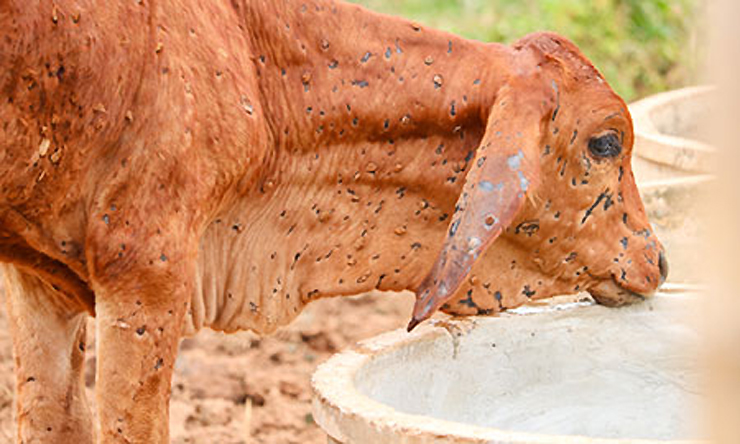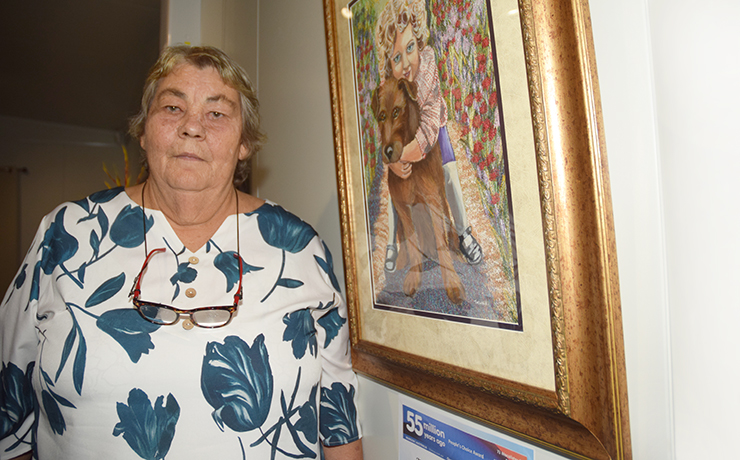

Research is under way in Queensland to develop local vaccines and field tests for Lumpy Skin Disease (LSD) in cattle.
LSD is a highly infectious viral disease, believed to be spread by biting insects.
Australia is currently LSD-free however it has been labelled as an imminent threat to the local cattle industry following recent cases reported in Indonesia.
Agriculture Minister Mark Furner said the State Government had partnered with Meat and Livestock Australia, the NSW Department of Primary Industries and US-based biotechnology company Tiba Biotech to create a world-first synthetic vaccine for LSD.
“A new mRNA vaccine would be a game changer as the live virus vaccines currently available overseas cannot be used in Australia,” Mr Furner said.
“Using existing vaccines here would result in us losing our disease-free status.
“A new mRNA vaccine would have the advantages of being potentially safer with capacity for rapid development and lower-cost manufacturing, helping to protect good jobs in Queensland’s nation-leading livestock industries.”
Minister Furner said the Department of Agriculture and Fisheries was also working on another vaccine project with the Queensland Alliance for Agriculture and Food Innovation (QAAFI) at the University of Queensland.
This project involves a traditional protein-based vaccine but with a delivery system that released the vaccine in cattle over an extended period of time.
Prof Tim Mahony, from QAAFI’s Centre for Animal Science, said the team hoped to develop a prototype by the end of the year, using synthetically produced materials.
“We have the advantage that our work is based on a cattle tick vaccine that we developed a few years ago that is single dose technology developed in collaboration with a group from Swinburne University of Technology in Melbourne,” Prof Mahony said.
“Our end goal is to develop a vaccine that would be a weapon in our armoury that could be used if there were an outbreak here to help contain the virus and ideally avoid livestock being culled.”
Minister Furner said as well as vaccines, early detection was also vital to managing biosecurity risks such as LSD.
“Current diagnosis relies on identifying clinical signs and sending samples off for laboratory testing,” Mr Furner said.
“There are no simple, portable ‘point of care’ tests or tools available for rapid field diagnosis.
“To solve this, we are developing in-field diagnostics much like the RAT tests we are all familiar with now.
“This would help us to initiate outbreak control measures as early as possible and minimise the devastating impacts of the disease.
“We expect to see results from these joint projects by early 2023.”























